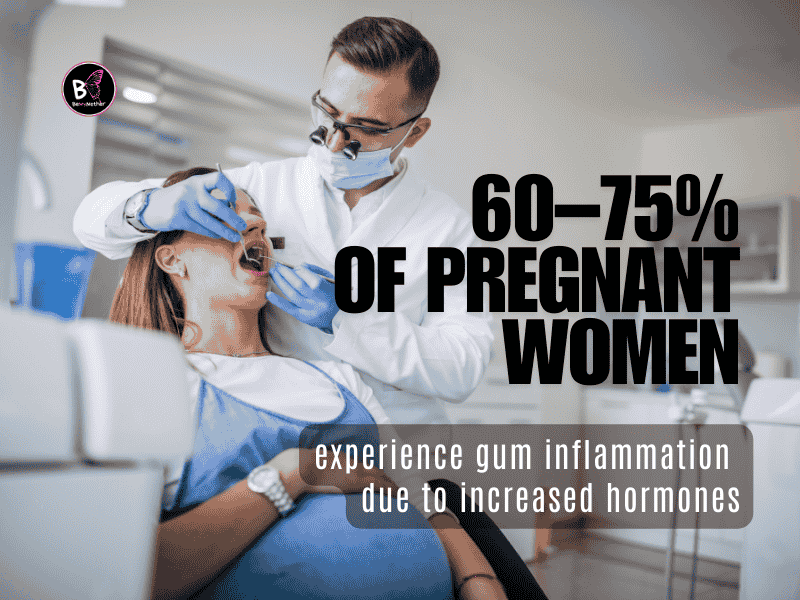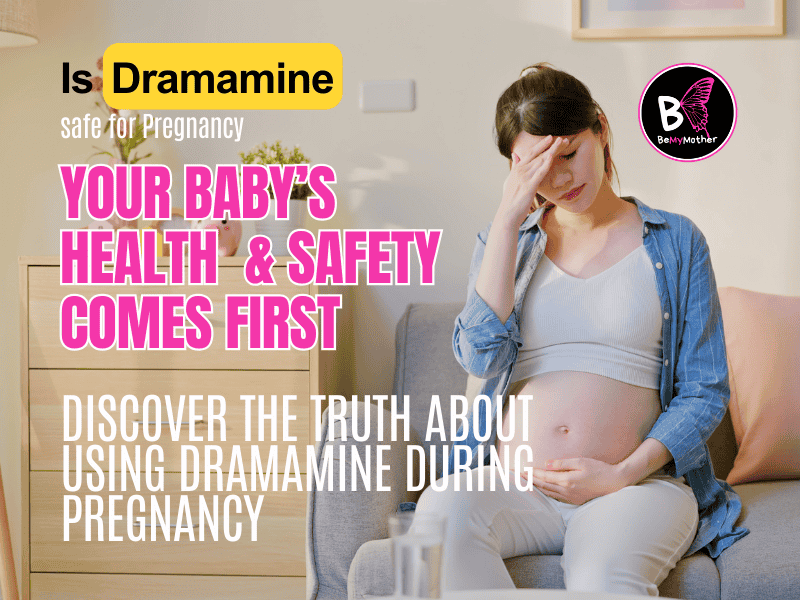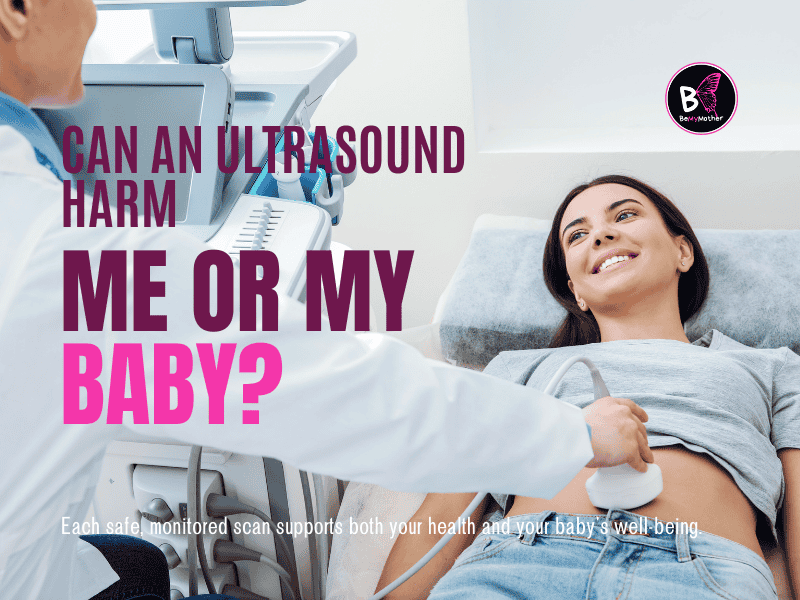Pregnancy is a time of excitement and anticipation, but it can also bring unexpected health challenges. If you’re dealing with severe tooth pain or an infected tooth, you may wonder: Can you get a tooth pulled during pregnancy?
The answer is yes—when necessary, tooth extractions during pregnancy are safe with the right precautions. However, delaying treatment for dental problems can lead to serious complications for both you and your baby. In this guide, we’ll explore everything you need to know about tooth extractions during pregnancy, from timing and risks to post-procedure care.
1. Why Dental Health Is Crucial During Pregnancy
Your oral health impacts your overall health, especially during pregnancy. Hormonal changes can make you more vulnerable to issues like:
- Pregnancy Gingivitis: According to the American Dental Association (ADA), up to 60–75% of pregnant women experience gum inflammation due to increased hormones.
- Tooth Decay: Cravings for sugary foods and acid reflux during pregnancy can erode tooth enamel.
- Periodontitis: Untreated gum infections can lead to complications, including preterm birth or low birth weight.
Maintaining good oral health and addressing dental issues promptly is essential for you and your baby.
2. Can You Get a Tooth Pulled During Pregnancy?

Yes, tooth extractions are safe during pregnancy when necessary. Your dentist will weigh the procedure’s risks against the potential complications of delaying treatment.
Important Considerations:
- Timing matters—procedures are safest during the second trimester.
- Always consult your obstetrician and dentist to ensure proper precautions are in place.
3. Best Trimester for Tooth Extraction During Pregnancy
The second trimester is widely considered the safest time for dental procedures. Here’s why:
| Trimester | Safety Considerations |
| First Trimester | Avoid unless it’s an emergency due to critical fetal development. |
| Second Trimester | Safest time for extractions; the fetus is more stable, and positioning is easier. |
| Third Trimester | Procedures may be uncomfortable due to limited mobility and baby size. |
Always schedule non-emergency procedures after your first trimester to minimize risks.
4. Is Anesthesia Safe for Tooth Extractions During Pregnancy?
Is getting anesthesia safe during pregnancy?
Yes, local anesthesia is considered safe for pregnant women. It numbs the area without affecting the baby.
Types of Anesthesia:
- Local Anesthesia: Preferred option, such as lidocaine. Minimal risk to the fetus.
- General Anesthesia: Avoided unless necessary due to higher risks.
Ensure your dentist is aware of your pregnancy to use the safest type and dosage of anesthesia.
Are you curious about advanced tracking tools for pregnancy? Check out Can Inito Detect Pregnancy?
5. Do Tooth Extractions Require X-rays? Are X-rays Safe During Pregnancy?
Dental X-rays are often needed to evaluate the affected tooth. Fortunately, modern X-ray technology is considered safe during pregnancy with proper precautions.
Safety Measures:
- A lead apron and thyroid collar shield your abdomen and neck.
- Dental X-rays emit minimal radiation, well below harmful levels.
The American College of Obstetricians and Gynecologists (ACOG) supports using necessary X-rays with protective measures in place.
6. Risks of Tooth Extraction During Pregnancy: What to Know
Tooth extractions are generally safe, but it’s essential to understand potential risks.
Risks to the Mother
- Stress and Anxiety: Dental procedures may elevate cortisol levels.
Tip: Practice deep breathing exercises to manage stress. - Infection Risks: Improper aftercare could lead to complications like dry sockets or bacterial infections.
- Prolonged Bleeding: Pregnancy affects blood clotting, which may result in longer bleeding times.
Risks to the Baby
- Stress Hormones: Maternal stress during procedures could affect fetal development.
- Medication Effects: Certain pain medications post-extraction could pose risks.
Delaying Extraction Can Be Riskier
Untreated dental issues can lead to:
- Preterm Labor: Severe infections may increase the risk of early delivery.
- Systemic Infections: The spread of bacteria through the bloodstream can cause serious health complications.
| Category | Tooth Extraction | Untreated Dental Issues |
| Risks to Mother | Minor bleeding, discomfort, and stress from the procedure | Infections, systemic inflammation, prolonged pain |
| Risks to Baby | Minimal when managed properly | Preterm labor, low birth weight, complications from infections |
7. Post-Extraction Pain Relief: What’s Safe During Pregnancy?
Pain relief is a key part of recovery. Here’s what’s safe:
- Acetaminophen (Tylenol): Recommended for pain relief during pregnancy.
- Avoid NSAIDs: Medications like ibuprofen and aspirin are not recommended.
- Natural Remedies: Use cold compresses to reduce swelling and warm saltwater rinses for comfort.
Always consult your doctor before taking any medication.
Discover more about safe skincare for pregnant moms in our article Bakuchiol Pregnancy Safe.
8. When You Shouldn’t Postpone a Tooth Extraction During Pregnancy

Some situations require immediate dental intervention, such as:
- Severe Toothache: Pain that disrupts sleep or daily life.
- Signs of Infection: Swelling, fever, or pus around the tooth.
- Advanced Decay: Risk of the infection spreading to other body parts.
Your dentist and obstetrician will help determine the urgency of the procedure.
9. Tips for Maintaining Dental Health During Pregnancy
Good oral hygiene can prevent dental issues and reduce the need for procedures. Follow these tips:
- Brush twice daily with fluoride toothpaste.
- Floss regularly to prevent gum disease.
- Eat a balanced diet with limited sugary snacks.
- Visit your dentist for regular checkups and cleanings.
Looking for safe ways to maintain fitness during pregnancy? Check out our guide on Planks During Pregnancy for tips on staying active.
FAQ: Common Questions About Tooth Extractions During Pregnancy
1. Can you get a tooth pulled during pregnancy if it’s not an emergency?
Yes, non-emergency tooth extractions can be safely performed during pregnancy, typically in the second trimester. However, if the issue isn’t causing significant discomfort or risk, your dentist and obstetrician might recommend postponing it until after delivery.
2. Can a tooth infection harm my baby during pregnancy?
Yes, untreated infections can spread, potentially affecting you and your baby.
3. What are the safest painkillers for dental pain during pregnancy?
Acetaminophen is typically recommended but always check with your healthcare provider.
4. Can I have a root canal during pregnancy?
Yes, root canals are safe and often preferable to extractions, especially in the second trimester.
5. Is it better to wait until after delivery for dental procedures?
Non-urgent procedures can often wait, but urgent care should not be delayed.
Conclusion
Can you get a tooth pulled during pregnancy? Yes, with the right timing and precautions, tooth extractions can be safely performed during pregnancy. Addressing dental issues promptly helps protect your health and your baby’s well-being, especially when severe infections or persistent pain are involved.
By working closely with your dentist and obstetrician, choosing the right trimester, and following post-procedure care, you can minimize risks and focus on a healthy pregnancy. Maintaining good oral hygiene throughout pregnancy will reduce the likelihood of needing urgent dental procedures.
Take control of your dental health during this time and ensure the best for you and your baby.



